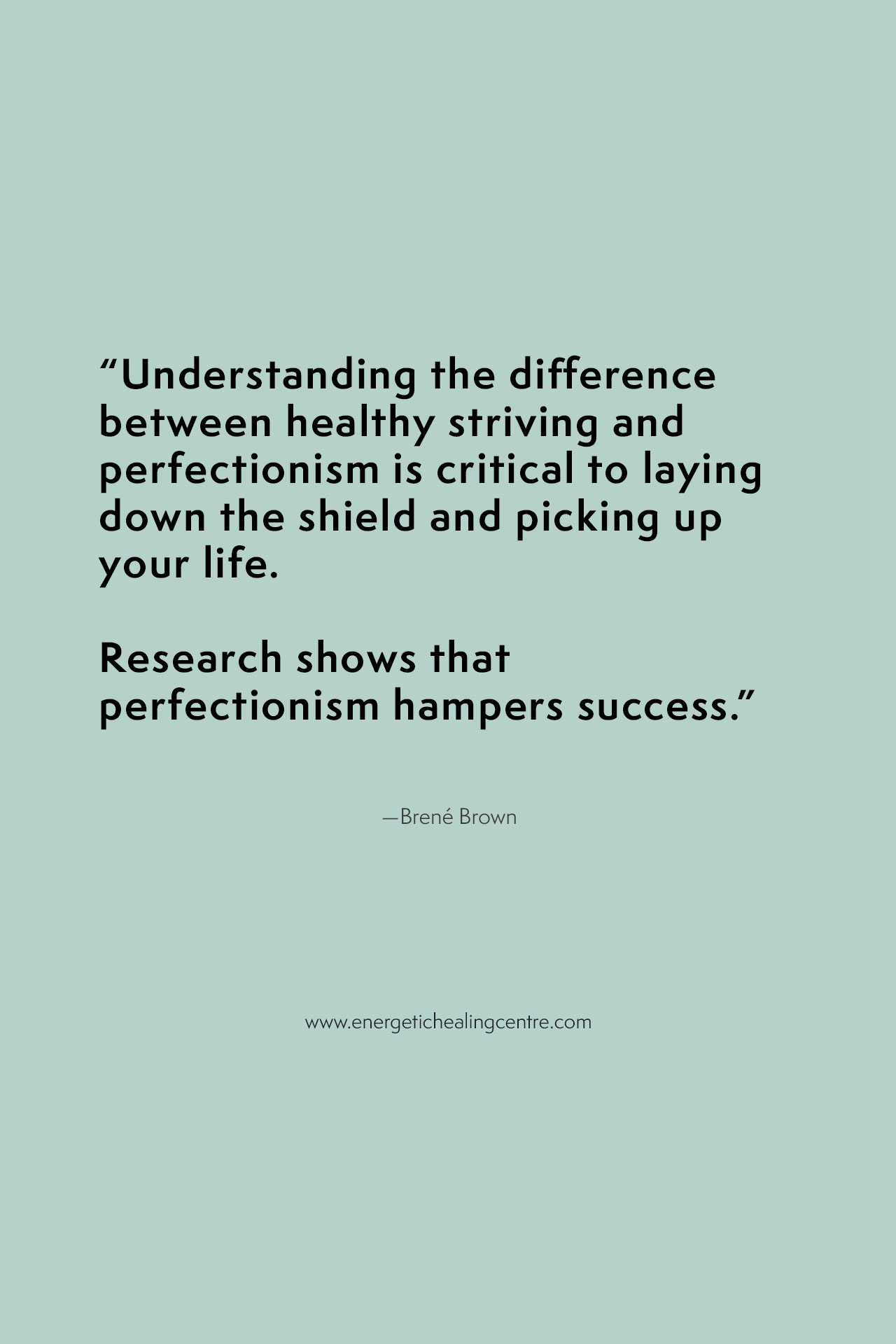Do you delay projects or tasks out of fear of not being able to complete them perfectly? Do you have extremely high standards that are impacting your career goals or projects?
Many ambitious career women experience perfectionism, which has its pros and cons. On one hand it can help you execute goals, projects and tasks proficiently and on the other hand it can negatively impact your progress and well-being. Although you strive to perform your best and typically do, underneath that, an extreme amount of self pressure may be constantly brewing, which leads you to delay or avoid important deadlines or ambitions. This inevitably creates even more stress and pressure.
Am I A Perfectionist?
Perfectionists tend to be highly self-critical and experience negative emotions when their expectations are not met. There are many signs that you may have perfectionist tendencies and procrastination is one of them. Before starting a new task, project or assignment you fear failure or judgment if not done perfectly. Or maybe you have exciting career goals that always feel slightly unattainable. This leads to feelings of overwhelm, anxiety, self-doubt and depression, so the need to delay these unbearable feelings is what leads to procrastination.
Procrastination and Perfectionism
Procrastination is very common and we all do it from time to time. We say things like, “I’ve got plenty of time,” “I work better under pressure,” or “I’ll do it later.” There are many tasks that we might associate with boredom, anxiety, insecurity, frustration and resentment. Again, it’s negative emotions that lead us to procrastinate. The perfectionism – procrastination link takes it to a deeper level where you feel like the core of who you are is flawed in some way if you aren’t able to execute the task perfectly. Perfectionist tendencies are associated with deeply ingrained core beliefs that are important to uncover so you can understand why you procrastinate and how to manage or heal it. (Learn more about core beliefs here.)
“Understanding the difference between healthy striving and perfectionism is critical to laying down the shield and picking up your life. Research shows that perfectionism hampers success.” – Brené Brown
5 Core Beliefs + Negative Self Talk associated with Procrastination-Perfectionism:
- A core belief that you aren’t good enough might sound like negative self talk: “I’m not good enough.”
- A core belief that being perfect is the only way to feel accepted: “I have to be perfect or I will be judged.”
- The core belief that a task or goal is too hard for you: “I can’t do it.”
- A core belief that living up to certain standards will make you good enough: “If I portray xyz, then I am good (enough).”
- The core belief that if you don’t achieve a goal, then you are a failure: “I am a failure.”
10 Tips for Overcoming Procrastination
- Don’t wait for conditions to be perfect to get started
- Let go of all or nothing thinking
- Practice self compassion
- Transform negative self talk into positive affirmations
- Separate yourself from your results
- Adjust your expectations
- Schedule your goals and stick to the deadline
- Eliminate distractions
- Reward yourself
- Develop a growth mindset (more on that here!)
Journaling as well as seeking professional help can help you uncover core beliefs that are adding more pressure and stress to your life and career. As an energy medicine practitioner, one of the ways I help my clients is by using Bach Flower Remedies. I offer 60 minute Bach Flower Therapy sessions where you and I can create your personal mixture together, but the remedies were created as a self help system so anyone can use them with ease. Here are a few suggested remedies you can try on your own to help balance the procrastination-perfectionism loop:
- Elm helps with feeling overwhelmed
- Rock Water helps with perfectionism and unrealistically high standards
- Pine helps with self worth
- Hornbeam helps with procrastination
To learn more about Bach Flower remedies, check out my YouTube channel.
Procrastination is a normal part of being human. Having more knowledge about it and clearly understanding why you procrastinate and how it may be linked to perfectionism can help you achieve your career projects and goals with less pressure and more ease. Ultimately impacting your progress and wellbeing in positive ways so you can thrive in your career and life.

